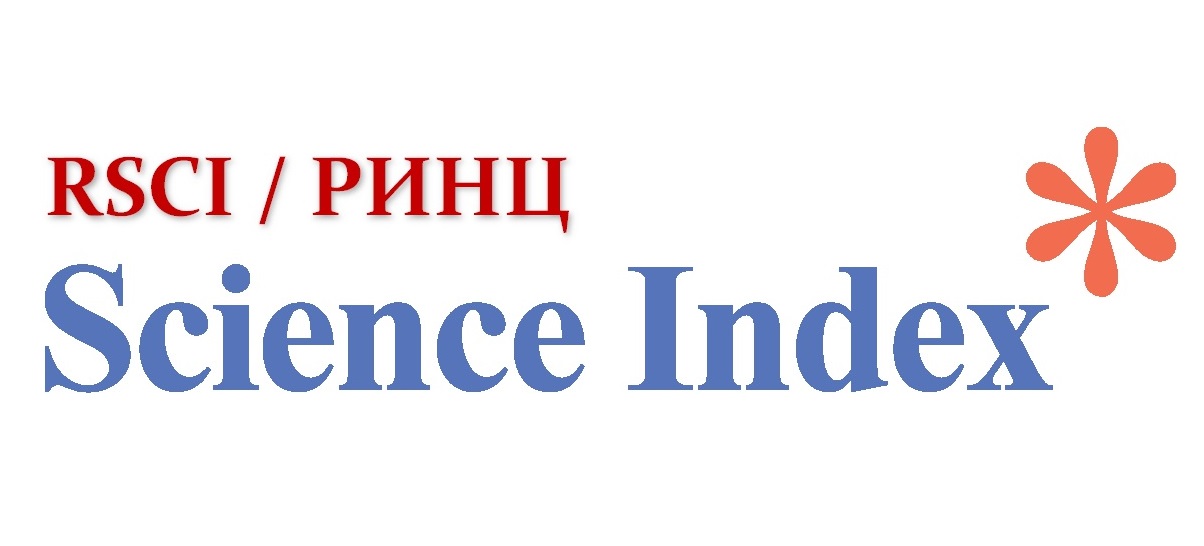Mustafa Shokay about collectivization in Kazakhstan and the republic of Media Asia
Views: 230 / PDF downloads: 108
Keywords:
collectivization, farm, agriculture, reform, collective farm, income, animal husbandry, rent.Abstract
Publication of the 12th volume edition of the previously unpublished works of Mustafa
Shokay, in our opinion, will significantly enrich the history of economic thought in Kazakhstan.
In the socio-political activities and analytical researches, he, one of the founder of Alash movement
and the leader of the Kazakh opposition to the Soviet government outside the USSR, paid considerable
attention to the socio-economic processes that took place in that period in the world’s wide area, and in
countries of various continents in particular.
The focus of Mustafa Shokay’s research has always been socio-economic problems associated
with socio-economic reforms to transfer the economy of the former tsarist empire in connection with the
coming to power of the Bolshevik party to power, the socialist rails in the 20-30s. During the period of
the data transformation in the period in question, the Soviet Union had significant negative consequences,
expressed in the deaths of millions of people and a significant deterioration in the welfare of the majority
of the country’s population.
These problems were particularly acute during the period of collectivization of peasant farms, and
especially in Kazakhstan and the Turkestan region.
It was these negative socio-economic processes that served as a pretext for so close attention of the
tireless fighter for justice and independence of the Kazakh people and the entire Turkic world.
In the presented article reviewed numerous scientific and journalistic work of the researcher. In his
writings, the author assesses the process of collectivization at its various stages in the Soviet Union as a
whole, in the republics of Central Asia and in Kazakhstan, in particular, on the basis of a critical analysis.






